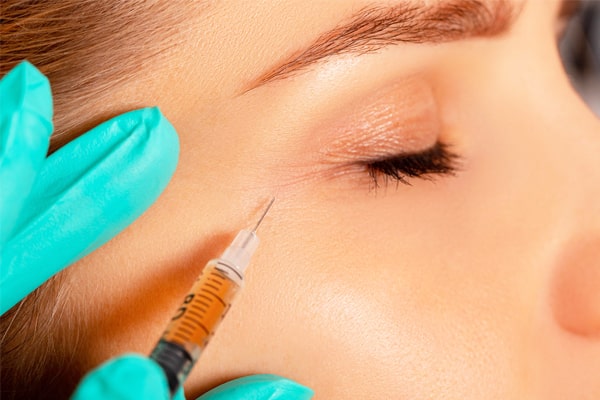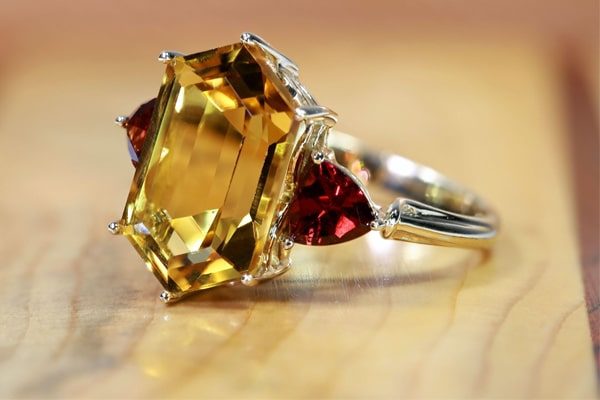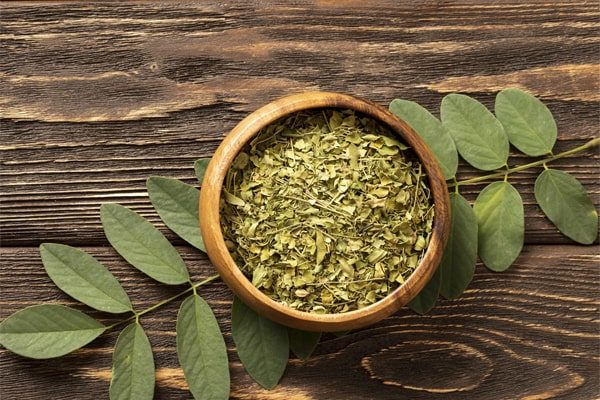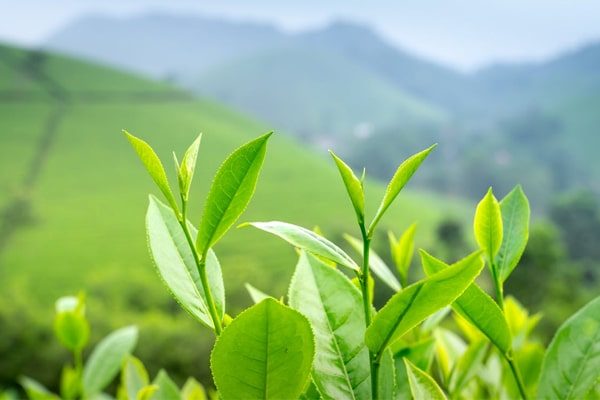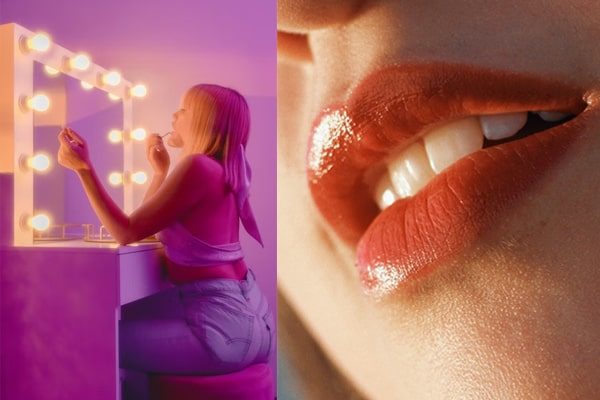Cannabis and Creativity: Unlocking the Artistic Potential
Creativity and art have long been intertwined, with artists seeking inspiration from various sources. Cannabis, in particular, has fascinated the creative realm and is associated with unlocking artistic potential. This article explores the effects of cannabis on the brain, delves into historical perspectives, and considers personal experiences and scientific research. Join us on this intriguing journey through the captivating landscape of cannabis and its ability to unleash the artist within!
Cannabis and the Brain
Cannabis has intriguing interactions with the brain, potentially impacting cognitive processes and creativity. Active compounds like THC and CBD bind to brain receptors, altering neural activity and producing diverse effects.
Some studies suggest that cannabis can enhance divergent thinking and facilitate novel associations, loosening cognitive constraints and fostering unique insights; however, individual responses vary, and the impact of cannabis on creativity remains an ongoing scientific investigation.
Historical and Cultural Perspectives
Cannabis holds a deep-rooted historical and cultural significance in the realm of art and creativity. Throughout civilizations and eras, it has been celebrated for its ability to foster introspection and inspire artistic expression.
From ancient rituals to counterculture movements, cannabis has left an indelible mark on artistic subcultures and has influenced the works of musicians, writers, and visual artists. Its enduring association with creativity continues to shape its perception in today’s world.
Personal Experiences and Testimonials
Personal experiences and testimonials from artists and creators who have utilized cannabis to enhance their creativity offer valuable insights. They frequently report heightened inspiration, improved focus, and enhanced sensory perception. While these subjective accounts provide intriguing glimpses into the potential benefits of cannabis for creativity, it is essential to acknowledge individual differences and temper them with scientific research.
Scientific Research and Studies
Scientific research on cannabis and creativity is a dynamic field. Some studies propose that cannabis can influence specific facets of creativity, such as divergent thinking and idea generation. However, findings have been inconsistent, with some studies highlighting potential drawbacks like diminished focus. Further research is necessary to gain a comprehensive understanding of how cannabis impacts creativity, taking into account variables such as dosage and individual variances.
Potential Benefits and Drawbacks
Using cannabis to enhance creativity offers both advantages and disadvantages. It can ignite imagination and cultivate fresh perspectives, but it may also impede cognitive functions such as focus and memory. Sensitivity to cannabis varies among individuals, highlighting the importance of finding a suitable balance. Mindful consideration of personal goals, responsibilities, and overall well-being is crucial when approaching cannabis use for creative purposes.
Importance of Choosing the Perfect Cannabis Strain
Choosing the right cannabis strain is essential for unlocking your creative potential. Each strain possesses unique chemical profiles that induce specific effects. Sativa-dominant strains energize and enhance focus, promoting creativity. Indica-dominant strains relax and encourage introspection. Hybrid strains like mcflurry weed strain offer a balanced experience. By selecting the appropriate strain, artists can optimize their creative flow and achieve desired outcomes. Experimentation, research, and personal preference are key factors in discovering the strain that best supports their creative journey.
Responsible Use and Legal Considerations
Responsible cannabis use for creativity necessitates recognizing legal obligations. Complying with laws and regulations in your jurisdiction is crucial. Practicing moderation, mindfulness, and prioritizing safety are essential components. By making informed decisions and being responsible users, individuals can navigate the convergence of cannabis and creativity while honoring personal boundaries and legal frameworks.
Conclusion
The connection between cannabis and creativity is a multifaceted and captivating topic. While cannabis can ignite imagination and amplify the creative process, it also presents potential drawbacks and legal implications. By engaging in responsible use and carefully weighing the potential benefits and risks, artists can venture into new artistic territories. Ultimately, individuals must assess their own preferences and well-being when integrating cannabis into their creative journey.
Be with SuperbHub For More Updates On Celebrity Biography, Articles, News, and Entertainment.
Recent News
-

Duane Chapman Is Now Engaged To Girlfriend Francie Frane, Had Lost Wife 10 Months Earlier
-
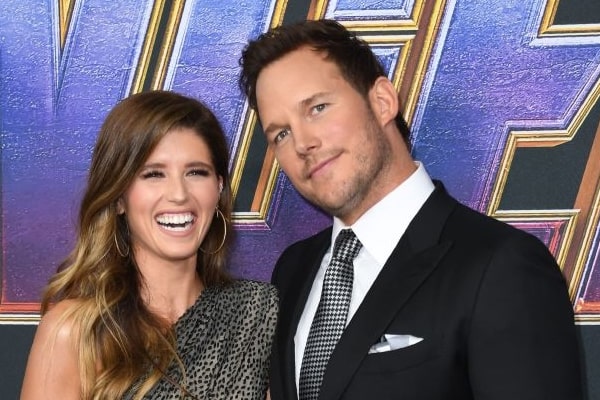
Katherine Schwarzenegger Pregnant With Her First Child With Husband Chris Pratt
-
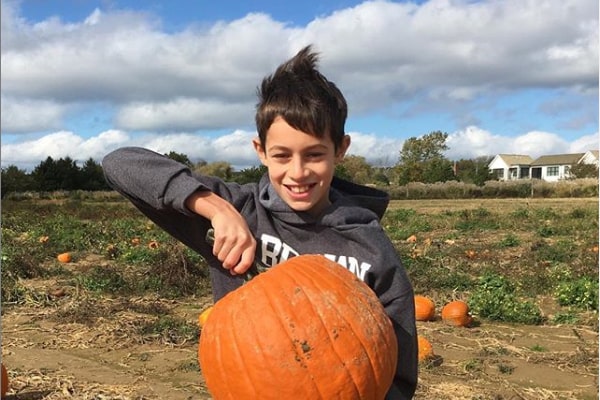
Chris Cuomo's Son Mario Tested Postive For Coronavirus
-
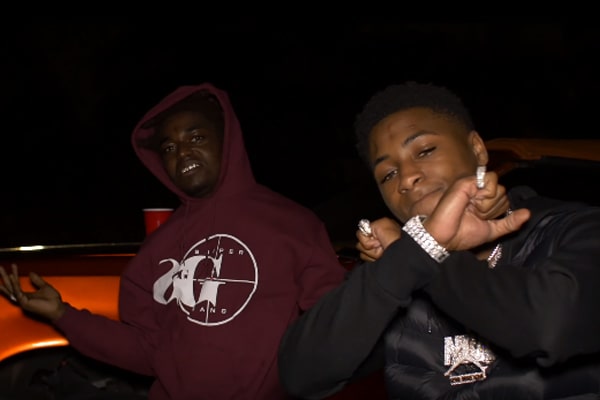
Kodak Black And NBA YoungBoy, Dissing One Another Via Social Media
-
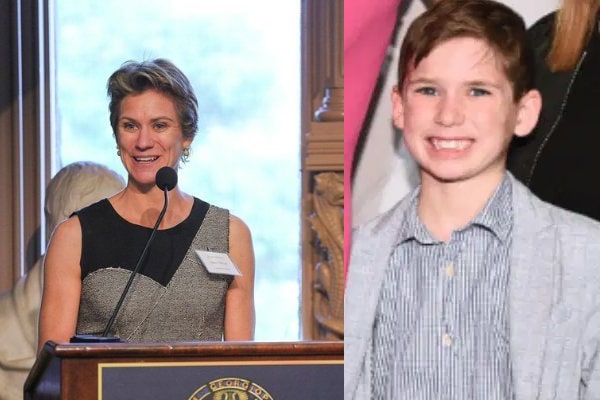
Maeve Kennedy McKean, Robert F. Kennedy's Granddaughter, is Missing Along With Her Son
Entertainment
-

The Evolution of Entertainment: Online Casting Calls Redefining the Industry
-
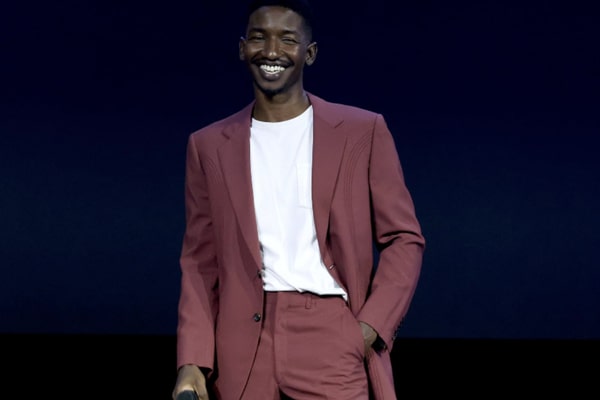
Mamoudou Athie's Must-Watch Performances in the Movies and TV Series
-
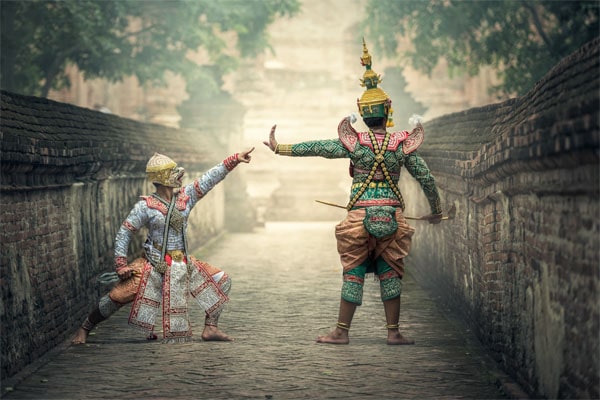
Try These Unique Forms of Entertainment When You've Exhausted All Options
-

7 Best Movies on Netflix This Week
-

Campus Grooves: Exploring Music Festivals in American Colleges

